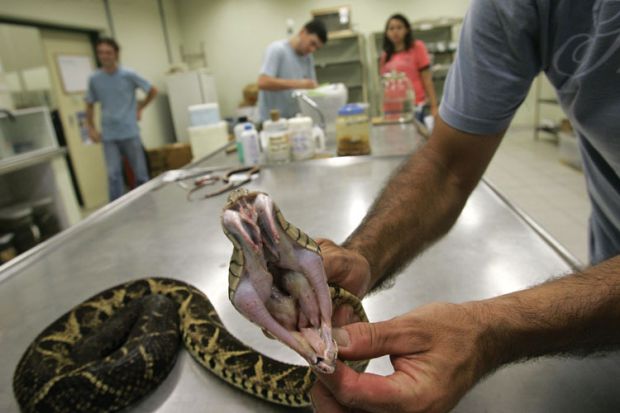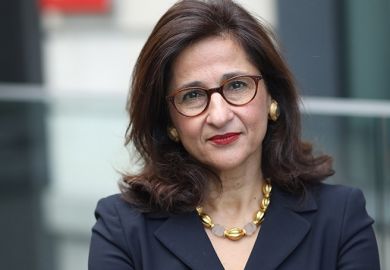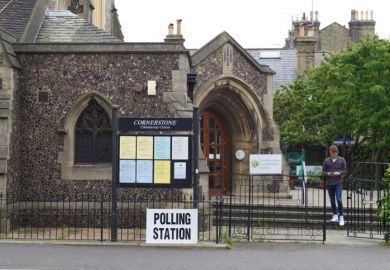The number of students completing higher education in Brazil has fallen for the first time in a decade, figures show.
There was a 5.7 per cent drop in the number of graduates last year compared with 2012 – the first decline in the number of university leavers since 2003.
Some 991,000 students graduated in 2013, a drop of almost 60,000 on 2012, despite the number of students enrolled on courses across the country increasing to 7.3 million. Across the federal system (as distinct from state and for-profit private universities), the number of graduates increased by 3.8 per cent.
Among the disciplines to register a decline in graduates were education, health and science, according to this year’s Higher Education Census, released by the Ministry of Education earlier this month.
Higher education experts questioned whether the decrease was down to financial difficulties among graduates, prompting them to drop out, or whether Brazil had reached the limits of growth after a period of rapid expansion in student numbers.
José Henrique Paim, the education minister, said that guaranteeing the quality of courses was as important as expansion. “[The drop in graduate numbers] is not worrying because there is a greater concern about quality,” Mr Paim said in a statement issued by the Ministry of Education.
He added that the government’s work to prioritise quality was already reflected in higher quality among the new intake of students, and that it was important for there to be “security” in Brazil’s expansion of numbers.
The census shows that the fall in graduates in 2013 occurred mostly within 14 institutions, subject to “supervisory” action by the authorities, sometimes enforcing cuts in the number of student places.
In total, three state institutions and a federal institute had their number of places cut.
Not staying the distance
A decline in distance learning also contributed to the drop, the census revealed, with graduates in that field decreasing by almost 50 per cent between 2012 and 2013.
“There were [some] very specialised courses; they completed their cycle and were not renewed,” said Francisco Soares, president of the National Institute for Educational Studies and Research.
The overall drop followed a decade of growth in which the number of graduates more than doubled between 2001 and 2010.
Dr Fátima Bayma de Oliveira, an education expert with the Getulio Vargas Foundation thinktank, said that some areas of higher education in Brazil might have reached their limits in terms of growth.
“It’s extremely worrying,” she said. “This census needs to be analysed so that we can understand which professions are seeing a reduction.”
She said that incentives should be created to encourage more students to enter disciplines such as medicine and education.
Leandro Tessler, associate professor at Unicamp, the State University of Campinas in São Paulo, said that the fall could indicate growing problems for students in accessing higher education without scholarships or grants. “We are close to the limit of possibility for [students] paying for courses,” he told São Paulo newspaper Estadão.
Earlier this year, the Ministry of Education closed two universities in Rio de Janeiro – the Universidade Gama Filho and UniverCidade – citing low academic quality and the institutions’ financial positions.
The ministry said that students from these two universities would be able to graduate elsewhere.
The census also shows that growth in student intake had slowed. Enrolment between 2012 and 2013 grew by just 3.8 per cent compared with a peak increase of 10 per cent between 2007 and 2008.
However, the figures showed a shift towards subjects such as technology, which accounted for 13.6 per cent of the intake compared with about 3 per cent a decade ago.
Mr Paim repeatedly stressed that the government’s emphasis now goes beyond growth in numbers. “We want to expand the system, but we want quality in higher education,” he said.
Register to continue
Why register?
- Registration is free and only takes a moment
- Once registered, you can read 3 articles a month
- Sign up for our newsletter
Subscribe
Or subscribe for unlimited access to:
- Unlimited access to news, views, insights & reviews
- Digital editions
- Digital access to THE’s university and college rankings analysis
Already registered or a current subscriber? Login





